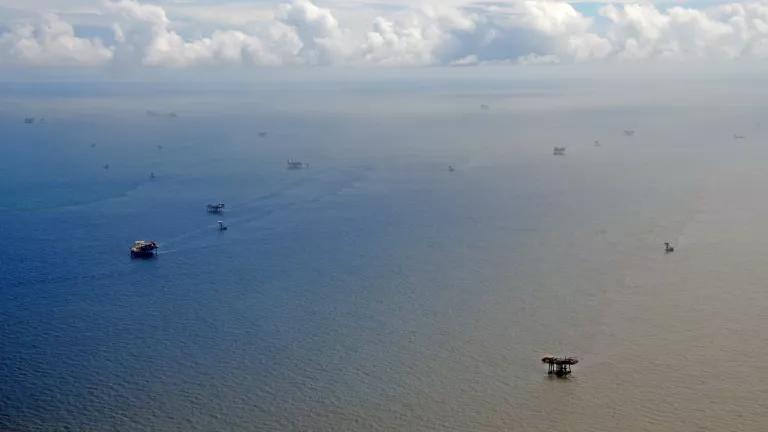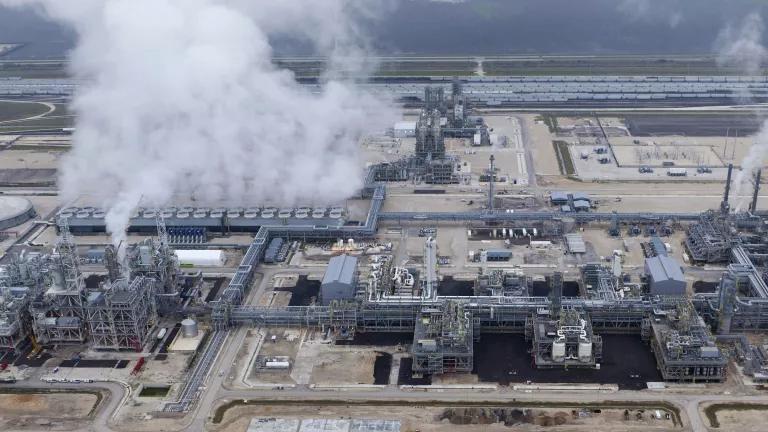The Atlantic Coast Pipeline and the Mountain Valley Pipeline would each cross hundreds of private properties. Many of these private properties are farms, and farmers are rightfully concerned about damage to their farmland from pipeline construction, as well as ongoing environmental and safety issues. Some of these farmers are suing the pipeline companies to protect their farms from pipeline construction, and some are being sued by the pipeline companies, who want access to their private property.
An important new report from Farm Journal spells out exactly how pipelines can damage farms and soil.
According to the article, pipeline construction on farmland in Illinois caused subsoil compaction that “is heavily affecting natural soil drainage.” The Chairman of the McClean County Soil Board, Mike Kelley, raised concerns regarding the use of heavy machinery on wet soil on his own farm. Yet the pipeline company ignored him, and construction went ahead anyway. He reports that 18 acres of his farm show huge differences in subsoil structure compared to non-impacted farmland, and his crop yield is lower on the pipeline-impacted acreage. Kelley stated: “I don’t think I’ll ever see that farm area return to its former production.”
In Georgia, farmer Randy Dowdy reports that pipeline construction crossing his farm led to a loss of over 40 acres of topsoil and a reduced crop yield of less than half compared to non-impacted land. Dowdy’s agreement with the pipeline company stated that the company would return all of his farmland to its original condition, but he says the pipeline company ignored this agreement and took shortcuts. Now he states: “The experts have said this will take not only my lifetime, but multiple lifetimes to fix.”
In Iowa, farmer David Richter reports that pipeline construction on his farm has led to widespread damage. While the pipeline company had the right to access 45 acres of his farm, poor drainage has damaged more than 300 acres. Richter had asked the pipeline to move its route a short distance because of his farm’s drainage, but he says the company ignored his familiarity with his own farm and that now the company has refused to do the work necessary to restore his farm to its original condition. Richter states: “I’m 58 years old and I won’t see normal yields for the rest of my life.”
Kelley states: “farmers look down and see soil, but the pipeline company just sees dirt.”
The current natural gas pipeline approval process is stacked against farmers. The environmental impact analysis conducted by the Federal Energy Regulatory Commission (FERC) for ACP and MVP did not fully consider the impacts to local farms. In addition, FERC is allowing pipeline companies to exercise eminent domain even before they have obtained all necessary approvals. And, under current FERC practices, landowners are not guaranteed just compensation. These practices violate the law, and these pipelines should not have been approved by FERC.




